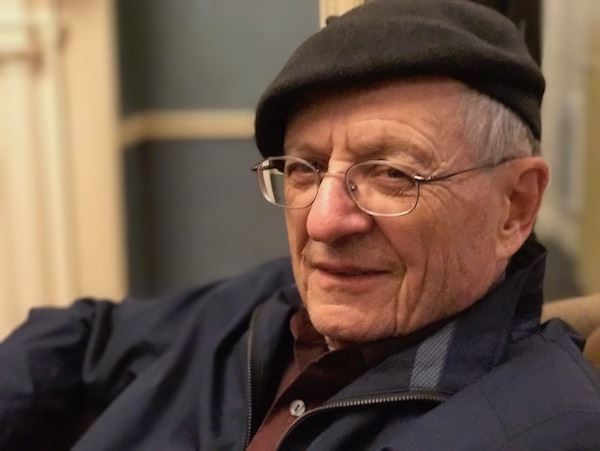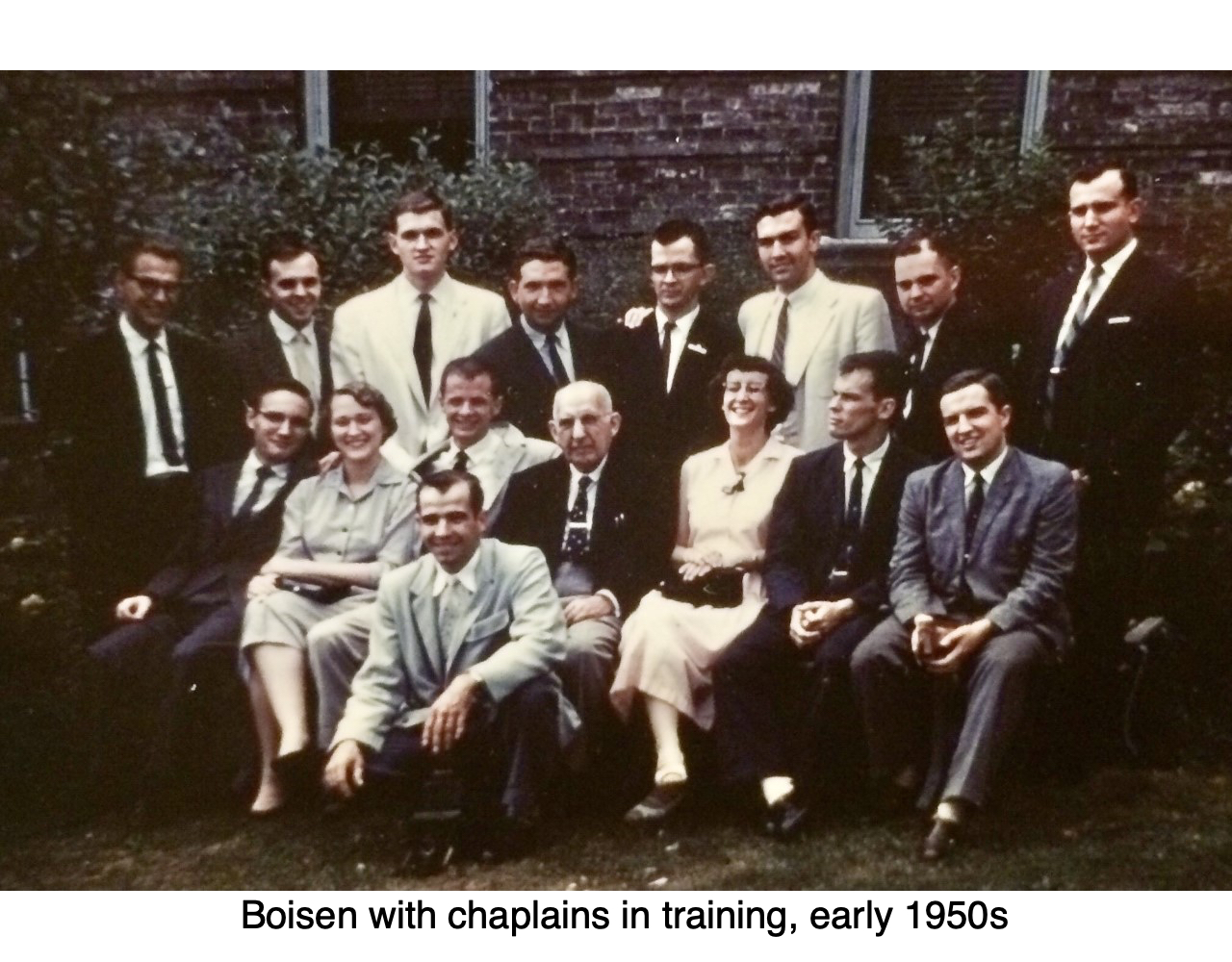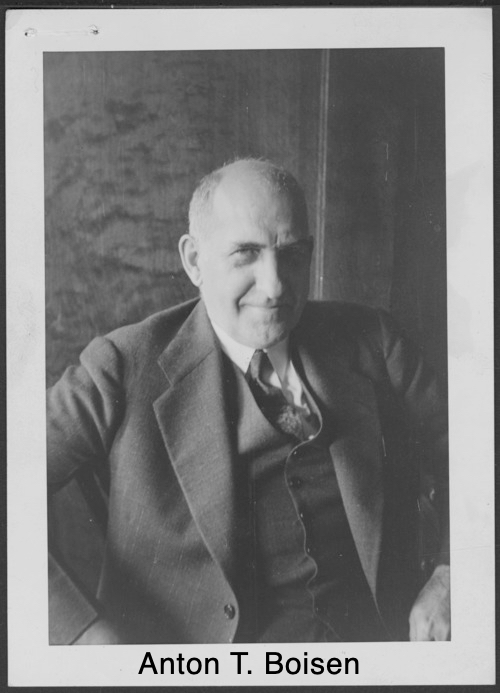History and Purpose
The College of Pastoral Supervision and Psychotherapy (CPSP) was founded in 1990 as a credentialing community by 15 certified members of the Association for Clinical Pastoral Education (ACPE) and the American Association of Pastoral Counselors (AAPC).
 Led by Raymond J. Lawrence, the founders shared a desire to reform the clinical pastoral movement and its institutions, and to raise the bar on the level and quality of clinical pastoral training.
Led by Raymond J. Lawrence, the founders shared a desire to reform the clinical pastoral movement and its institutions, and to raise the bar on the level and quality of clinical pastoral training.
From the start, CPSP’s founders chose to make their decisions by consensus, a defining governance process still used throughout CPSP today.

Those gathered at the first meeting in March 1990 agreed that CPSP would embrace a Covenant that would bond its members. Raymond Lawrence drafted the Covenant and it was accepted. While it has undergone some minor revisions over three decades, it remains essentially unchanged today.
Set out in the Covenant is the requirement that all CPSP members be committed to active participation in a small group known as a chapter “of approximately a dozen persons.”
Within six months of CPSP’s founding five chapters were established: in Atlanta (GA), Chapel Hill (NC), San Antonio (TX), Lexington (KY), and Washington (DC).
From the start, CPSP committed to being a volunteer professional organization. A decision was made to pay salaries only for administrative support performed by non-certified persons.

The distinction between supervised “clinical pastoral training” – a term intentionally chosen by Anton T. Boisen whose own chaplaincy started the clinical pastoral movement in 1925 – and “clinical pastoral education” – ACPE’s members are called “educators” – was not a central issue when CPSP began.

Its significance quickly came into clear focus, however, when the work of psychiatrist-historian Robert Charles Powell, MD, PhD, was recognized by Raymond Lawrence and others in CPSP.  Although Powell had addressed the annual ACPE conference in 1975 and ACPE published a major paper by him, his work was effectively ignored in its ranks. Powell brought into clear focus Boisen’s original aims for chaplaincy as a process of “cooperative inquiry” that helps people, with the aid of a clinically, psychodynamically trained chaplain, to find meaning and purpose in the midst of their crisis, distress, loss, grief or perplexity.
Although Powell had addressed the annual ACPE conference in 1975 and ACPE published a major paper by him, his work was effectively ignored in its ranks. Powell brought into clear focus Boisen’s original aims for chaplaincy as a process of “cooperative inquiry” that helps people, with the aid of a clinically, psychodynamically trained chaplain, to find meaning and purpose in the midst of their crisis, distress, loss, grief or perplexity.
Today, CPSP carries on Boisen’s original vision for ministry while working at the cutting edge of the behavioral and social sciences.
